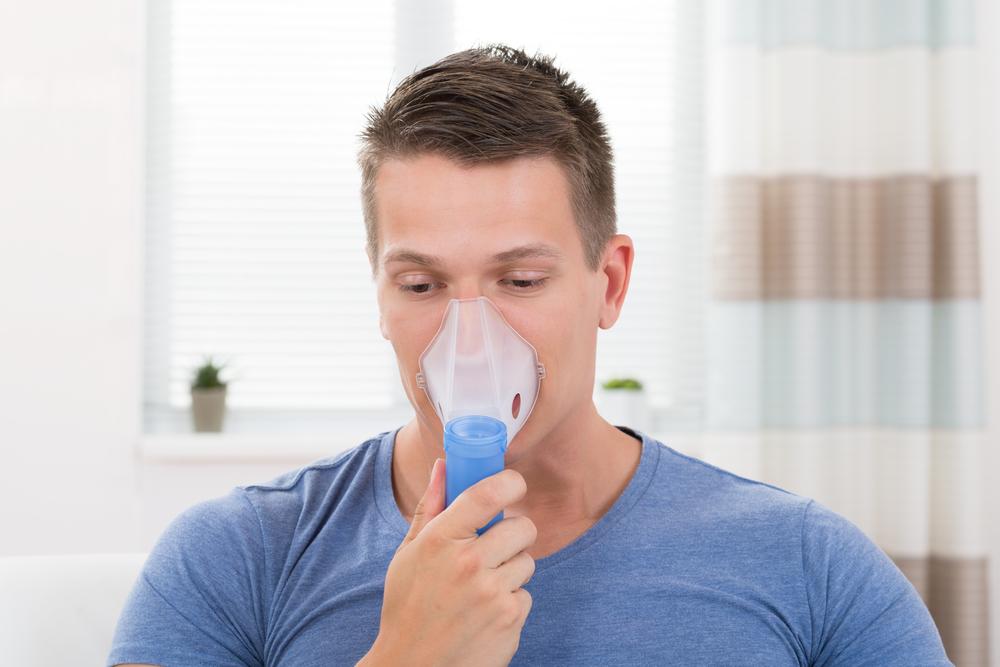Managing the various symptoms and stages of COPD
Chronic obstructive pulmonary disease (COPD) is a lung disease that involves poor breathing and interrupted airflow in the lungs. This condition worsens over time. Genetics and the consumption of tobacco are a few causes for COPD. Inhaling smoke or such irritants causes a complex biological response to the lung tissues and narrows the small airways and lung tissues break down which contributes to making the patient out of breath. Most COPD cases can be prevented by avoiding variables that are connected to an increased risk of the problem. The ways of chronic COPD management include injection, pulmonary rehabilitation or lung transplants, and quitting tobacco.

Symptoms of COPD
The following symptoms are quite common. Being aware of these symptoms will help with chronic COPD management.
- The color of the person’s sputum turns green or yellow
- COPD can affect the person with a chronic cough and excess sputum in the throat
- The person feels a shortness of breath owing to narrow air pipes and a productive cough
- Fast breathing can also be connected with COPD
- Increased sweating
- Increased heart rate
- Blue pigments on the skin may occur
Stages of COPD
COPD is categorized on the basis of the severity of the condition.
- Stage 1 or Mild Stage
FEV1 – 80% or more of normal - Stage 2 or Moderate Stage
FEV1 between 50% to 80% of normal - Stages 3 or Severe Stage
FEV1 between 30% to 50% of normal - Stage 4 or Very Severe Stage
Lower FEV1 than Stage 3 or low blood oxygen levels)
Management
Chronic COPD management can be done by following measures to control and avoid the harmful causes. Managing COPD includes being educated regarding the adverse effects of COPD and its causes. Irritants which increases the risk of COPD should be avoided beforehand. Routine exercising and training help in breathing better. Stopping of smoking tobacco is the foremost cause of COPD. Smoking causes air pollution in the body and the irritants block the airways. Stoppage of smoking results in reducing the progression and increased risk of worst cases of COPD. Quitting tobacco should be considered in all the stages of COPD. Medications that improve the condition of COPD should be considered like ipratropium bromide improves the condition of dyspnea, the flow of breath and quality of one’s life. In COPD, Antibiotics helps to improve the flow of breath and improve the condition of COPD. Antibiotics are of little benefit in COPD. Annual vaccinations are always recommended. Oxygen therapy may help in the cases of long-term COPD. In some cases, Physiotherapy must also be considered beneficiary as it clears the airways and results in better breathing but it does not have any beneficiary effect on the lung function.

